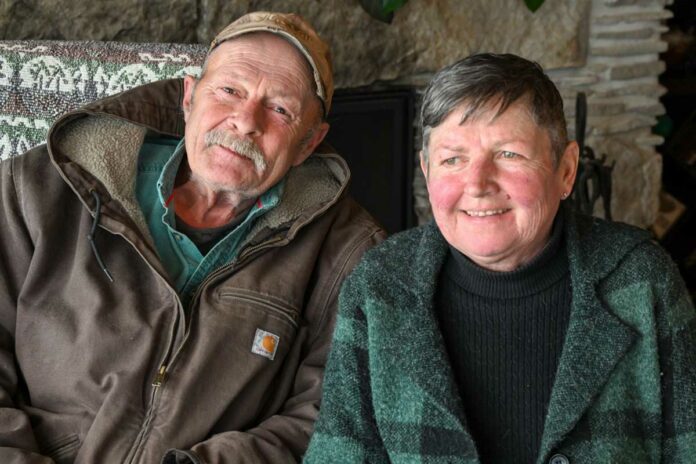SUDBURY—Seven young people across Ontario have brought a climate-related challenge to the Superior Court, aiming to hold the government accountable for perceived human rights violations. This case aligns with a global trend where youth are taking legal action against governments for alleged human rights breaches and inadequate responses to the climate crisis.
Supported by the environmental law charity EcoJustice, the group’s case was presented before the Court of Appeal for Ontario on January 15. This follows a previous dismissal of their constitutional challenge in April 2023, where a judge acknowledged that the province’s emissions reduction plan did not align with current scientific standards.
The case can be traced back to 2018 when Ontario’s newly elected Progressive Conservative government repealed the legislation supporting the cap-and-trade system for emission reduction. Subsequently, the system was replaced and the emissions target was adjusted from 37 percent below 1990 levels by 2030 to a new target of 30 percent below 2005 levels.
Nader Hasan, the youths’ legal counsel, argued that despite some of the clients being too young to vote, they are still constitutional rights holders in the country. The group, ranging from 16 to 28 years old and representing diverse backgrounds, provided expert evidence indicating that the new emission target would permit an additional 200 million tonnes of emissions. They contend that this commitment to high emission levels violates their Charter rights to life and equality, emphasizing the disproportionate impact on young people who will bear the brunt of climate change.
Beze Gray, representing the Aamjiwnaang First Nation, stressed the importance of incorporating the voices and aspirations of youth into Canadian law. The group is currently appealing to the appellate court to intervene, urging the court to compel Ontario to establish a new, science-based emission target aligned with its share of greenhouse gas emissions. On the other hand, government lawyers argued that such a directive is beyond the court’s jurisdiction and capabilities.
In a written statement, Gray emphasized the urgency of action for the future, asserting that the youth’s futures depend on present-day actions. Government lawyers countered that there is no constitutional obligation to take affirmative measures to address future climate change harms. They also argued that the adverse effects of climate change do not constitute a violation of the equality rights of young people since impacts will be felt across all age groups in the future.
Despite an unsuccessful outcome in the initial constitutional challenge, the group considers the case historic, marking the first instance in Ontario where a court acknowledged the capacity to hear a Charter-based challenge regarding a specific climate target or plan. This decision subsequently influenced a Federal Court of Appeal ruling, allowing 15 young people to reopen a constitutional challenge against the Canadian government’s response to climate change.






